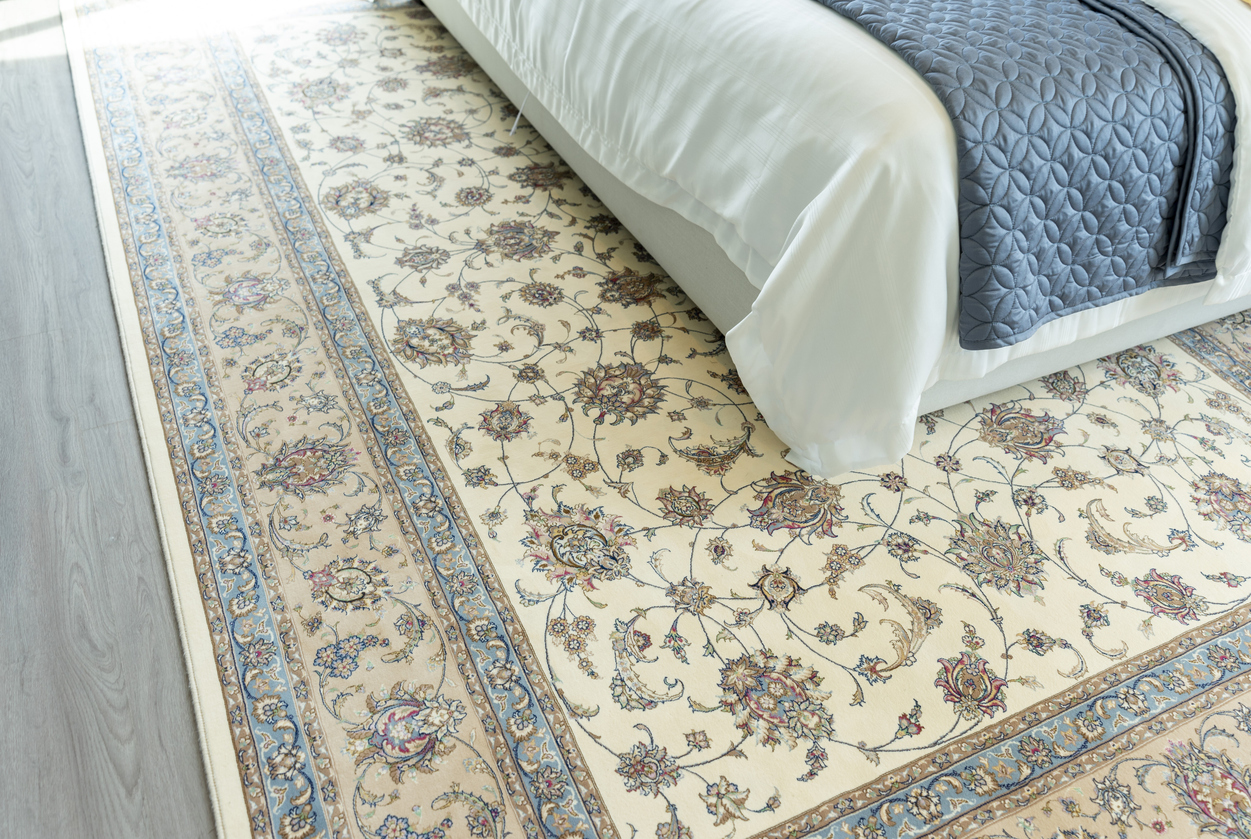Understanding Retail Margin in Import Trade: Nigeria to Ghana
The retail margin plays a critical role in determining profitability for businesses involved in import and export across West Africa. For traders moving goods from Nigeria to Ghana, understanding how retail margins work and how to optimize them is essential for staying competitive. Whether you’re importing consumer goods, food products, or FMCG items, a well-managed retail margin ensures your operations remain profitable and sustainable in a highly dynamic market.
What Is a Retail Margin?
Retail margin refers to the difference between the cost of acquiring goods and the final selling price. In simple terms, it’s the profit per product unit after accounting for all operational costs such as logistics, import duties, warehousing, and distribution. For importers operating between Nigeria and Ghana, this margin can fluctuate based on exchange rates, tariffs, and local market demand.
Key Factors Affecting Retail Margins Between Nigeria and Ghana
-
Logistics and Transportation Costs
Moving goods across West African borders involves multiple cost layers—customs clearance, trucking fees, and fuel surcharges. Even slight variations in transport costs can significantly impact your retail margin. -
Import Duties and Regulations
Ghana’s import duties and tariffs vary by product category. Importers must be aware of these charges and factor them into their pricing strategy. -
Currency Exchange Rate Fluctuations
Since trade between Nigeria and Ghana often involves transactions in Naira, Cedi, or USD, fluctuations in currency values can reduce or increase the effective profit margin. -
Market Competition and Retail Pricing
Competitive pricing in Ghana’s retail sector means importers must balance between attractive price points and healthy profit margins. -
Product Shelf Life and Consumer Demand
For FMCG products, time-to-market affects profitability. Delays in customs or logistics can reduce shelf life, directly impacting retail margins.
How to Maximize Retail Margin on Imports from Nigeria to Ghana
-
Optimize Supply Chain Efficiency
Streamline your logistics network. Partnering with a reliable regional distributor like Wigmore Trading ensures your goods move efficiently from Nigeria to Ghana, minimizing handling delays and excess costs. -
Buy in Bulk to Reduce Unit Costs
Bulk purchasing from Nigerian manufacturers lowers procurement costs. Wigmore Trading offers wholesale supply options across multiple product categories, from food and beverages to household goods. -
Understand Local Market Dynamics in Ghana
Conduct market research to align product selection with Ghanaian consumer preferences. Choosing the right mix of products increases turnover and margin potential. -
Leverage Wigmore Trading’s Expertise
Wigmore Trading helps importers navigate West African trade routes efficiently. With years of experience in logistics, customs brokerage, and wholesale distribution, the company provides cost-effective solutions that help improve your retail margin.
The Role of Wigmore Trading in West African Trade
As a trusted name in African wholesale and logistics, Wigmore Trading connects businesses with reliable supply sources in Nigeria and supports their import journey into Ghana. From product sourcing to customs documentation, our team ensures your imports are handled efficiently, reducing unnecessary costs and protecting your profit margins.
Whether you’re a distributor, retailer, or import company expanding into Ghana’s fast-growing retail market, Wigmore Trading can help simplify your operations and strengthen your competitive edge.
Conclusion
Maximizing retail margin in import trade from Nigeria to Ghana requires strategic planning, efficient logistics, and market insight. By understanding the factors influencing cost and demand—and partnering with experts like Wigmore Trading you can enhance profitability and achieve long-term success in West Africa’s expanding retail landscape.
Contact Wigmore Trading today to streamline your imports and boost your retail margins.








Comments are closed.